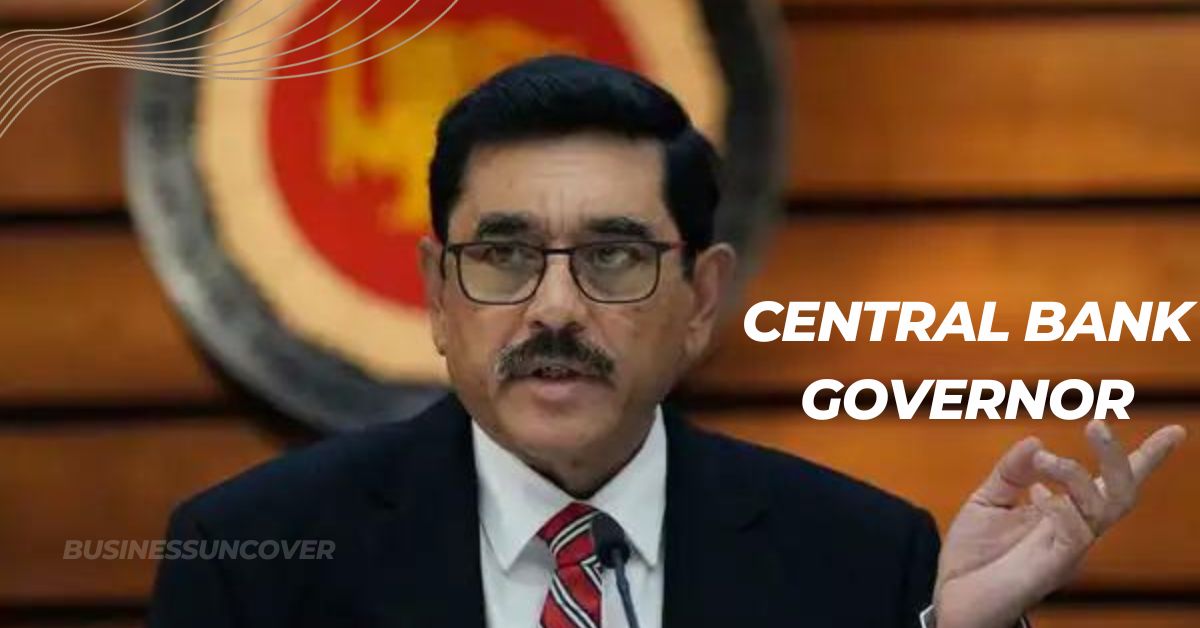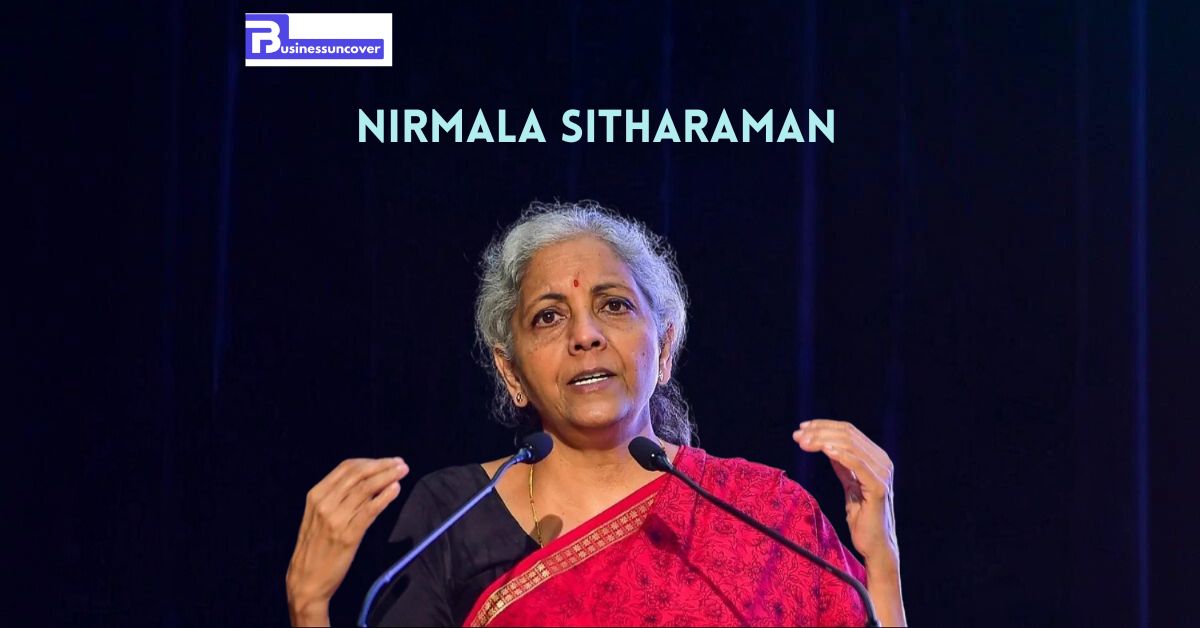Earlier this month, the International Monetary Fund (IMF) authorized the delivery of the second tranche to Sri Lanka, which was valued at USD 337 million.
Weerasinghe was answering questions about whether the island nation was willing to renegotiate the terms of the four-year program in response to assertions made by opposition parties that they would do so in order to change the terms of the IMF’s USD 2.9 billion bailout package.
“There’s not a substitute. Weerasinghe told reporters on Friday that the reason they are in bankruptcy today is because we tried other options.
If the debt restructuring time is extended to ten years, for example, we must follow the same course. Should the opposition seek to modify this, the creditors may state that they are no longer in favor of the proposed changes. Weerasinghe stated, “We would have to pay USD 6 billion in repayments annually if we were to abandon the program.
President Wickremesinghe’s remarks on December 17 were being repeated by Weerasinghe. The Finance Minister, Wickremesinghe, replied to the harsh criticism of the measures by saying, “There was no alternative to the IMF programme for the cash-strapped island nation to get out of its economic bankruptcy.”
Samagi Jana Balawegaya (SJB), the main opposition party, has threatened to renegotiate the IMF bailout, arguing that the terms agreed upon by the president have put people in a difficult financial situation.
In his capacity as finance minister, Wickremesinghe spearheaded IMF discussions and imposed stringent economic measures like higher utility rates and personal tax rates.
In addition, a higher value added tax net will be implemented in January 2024, including for previously VAT-free goods like fuel.
Despite the fact that it will have negative short-term effects, Wickremesinghe maintains that his strategy—which resulted in the IMF bailout—was the only one that could provide long-term relief.
Renegotiating takes place during every IMF review, according to Central Bank Chief Weerasinghe. He stated, “After the first review, there was renegotiation, and it will be reviewed at the time of the second review too.”
Regarding the World Bank and Asian Development Bank (ADB) support the island’s economy had received after signing the IMF deal, Weerasinghe stated that it was crucial to keep the IMF program in order to gain international assistance to resolve the crisis.
Following the most severe economic crisis in its history in 2022, when its foreign exchange reserves reached an all-time low, Sri Lanka implemented what the World Bank called “foundational reforms” to bring macroeconomic stability back and lessen the effects on the poor and vulnerable with the help of a recovery led by the private sector.







